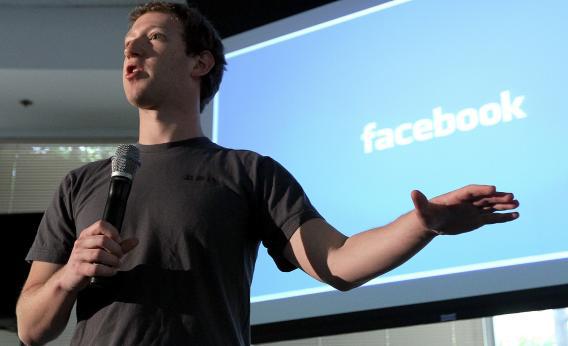Are you looking for another reason to be mad at Facebook? Of course you are.
The social networking giant is now engaged in a little experiment in which a “small number” of non-friends, strangers, and maybe advertisers can pay $1 to send you unsolicited messages on Facebook. According to the announcement on Facebook’s blog, the move will fix problems with its message-filtering algorithm and “discourage unwanted messages” by “imposing a financial cost on the sender.” For now, the test is being conducted outside the United States.
Forbes privacy blogger Kashmir Hill tweeted that thought the news was “a joke at first,” and the Huffington Post’s Bianca Bosker sees it as a “a tax on being social.”
Or maybe it’s something of a ransom.
As you may not be aware, Facebook has two message inboxes—basically, one for those you are connected to, and one for those who its algorithm deems strangers (though this varies a bit, based on your privacy settings). The “other” message bin can be easily overlooked, so you might never realize you have a message from, say, someone you met once at a party or a friend of a friend of a friend who wants to talk to you about a job. Paying the $1 fee, says Facebook, will ensure that the message goes to the person’s primary folder, so he or she is more likely to see it.
Facebook says the purpose of the “other” folder is to clear up your “social inbox” for messages from your friends. But the site hasn’t done a good job of letting people know that it exists, so often users aren’t aware that important messages are gathering dust in another section. Last year, Elizabeth Weingarten wrote in Slate about how she almost didn’t get her lost laptop back because messages from the good samaritan who found it were routed to this “obscure” folder that she had never heard of. The 63,000 “likes” on that article suggest a lot of other users aren’t familiar with the “other” folder, either.
Maybe instead of charging for the ability to send messages and have them arrive at the destination you want and need them to, maybe Facebook should work on rewriting the sorting algorithm instead?
Oh, right, because Facebook is a business and selling your personal data to consumers isn’t making them enough profits.
